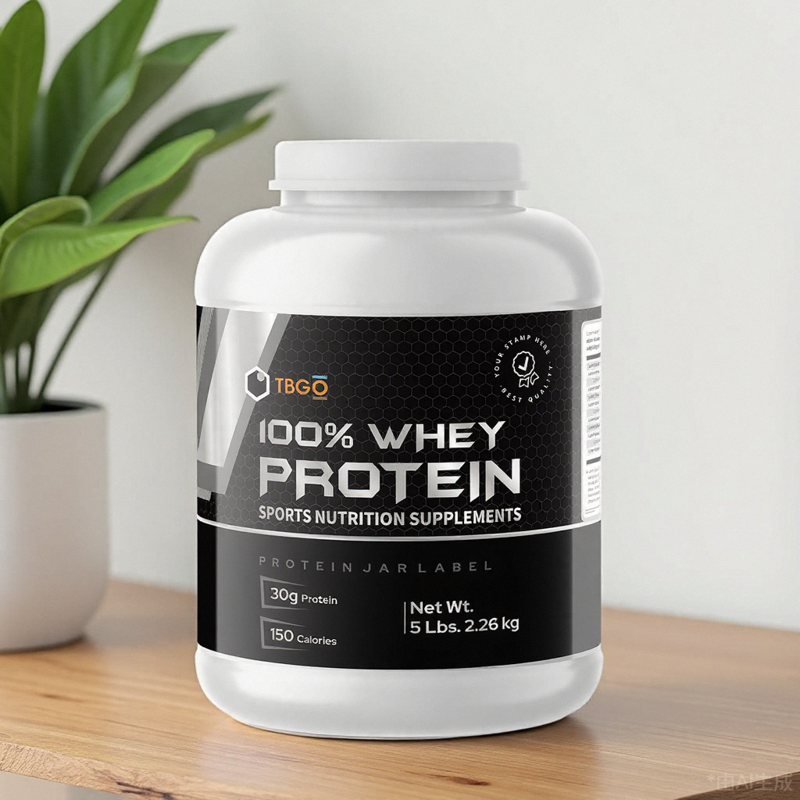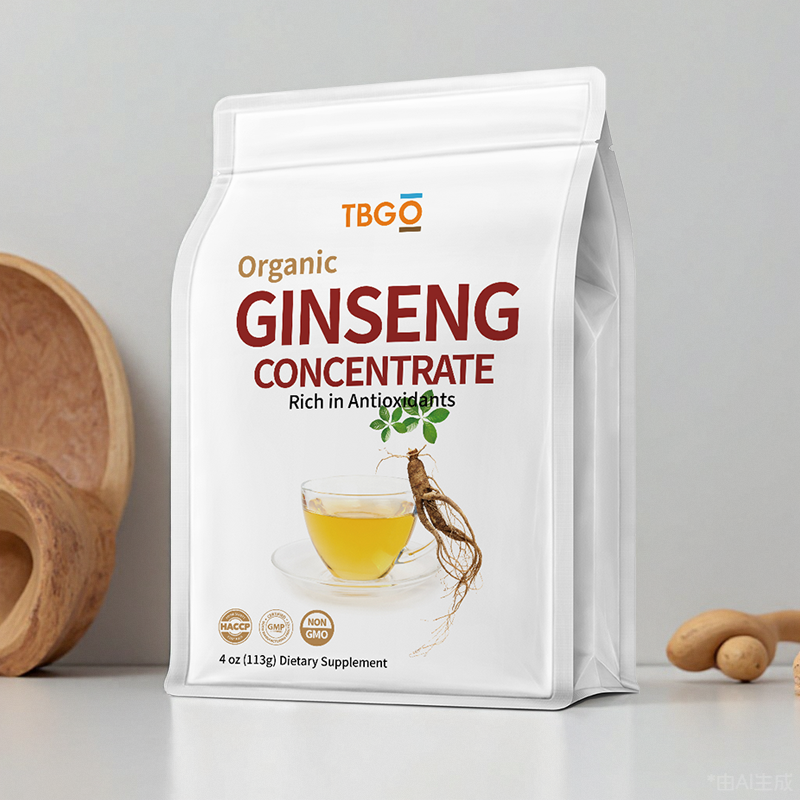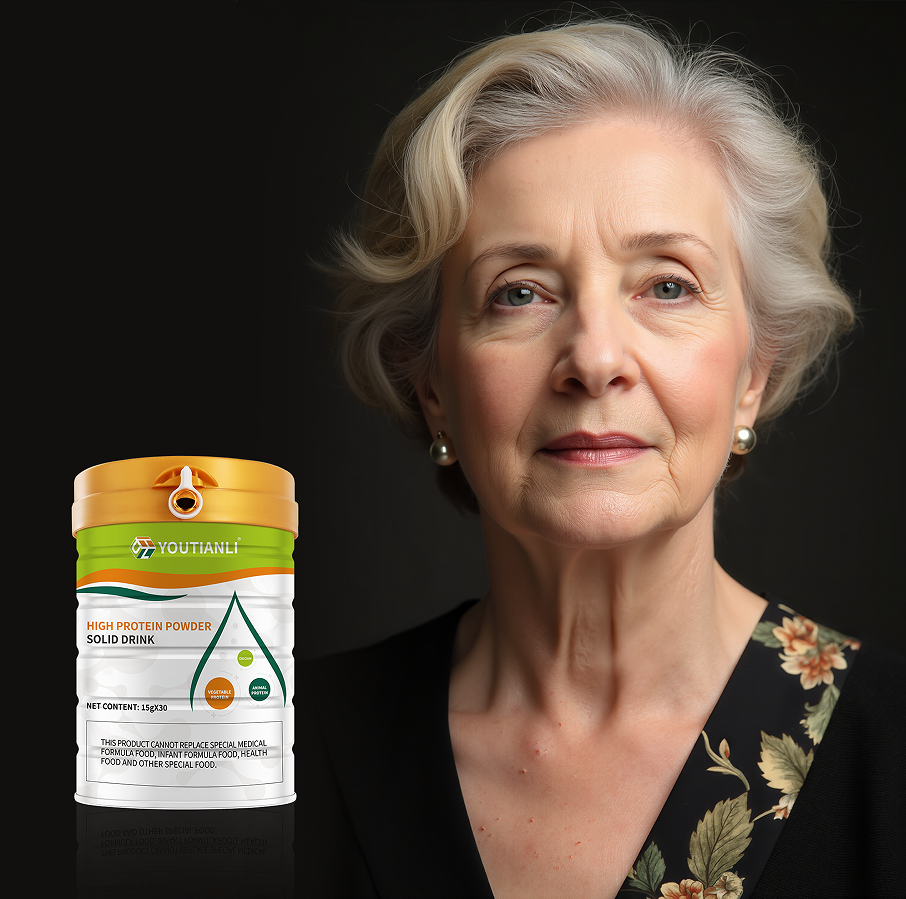Kalsiumin merkitys iäkkäiden luiden terveydessä
Miksi kalsiumi on elintärkeää luiden ikääntymiselle
Kalsiumilla on suuri rooli luiden vahvuuden ja tiheyden ylläpitämisessä, ja se on erityisen tärkeää vanhuksille, koska kehomme menettää luumassamme ikääntymisen myötä. Suurin osa siitä, mitä elimistömme tallentaa, noin 99 prosenttia, elää juuri noissa luissa, mikä selittää, miksi riittävä kalsiumin saanti on niin tärkeää murtumien välttämiseksi ja luurankojen säilyttämiseksi koskemattomina. Tutkimukset osoittavat, että ihmisillä, jotka saavat riittävästi kalsiumia ruokavaliostaan, on yleensä pienempi mahdollisuus saada luunluisumus, haurausluiden sairaus, joka vaikuttaa lukemattomiin vanhuksiin ympäri maailmaa. Jos joku on huolissaan luiden terveydestä myöhemmin elämässä, - on erittäin tärkeää varmistaa, että päivittäinen ruokavalion sisältö on hyvä kalsiuminlähde. Maito, lehtivihreät ja vahvistetut elintarvikkeet auttavat rakentamaan ja säilyttämään luita vuosien varrella.
Miten luun tiheys heikkenee iän myötä
Luutiheys on yleensä korkeimmillaan noin 30-vuotiaana ja alkaa sitten laskea ajan myötä. Monet tekijät vaikuttavat tähän prosessiin, kuten sukupuoli, sukupuolihistoria ja päivittäiset tavat. Tutkimukset osoittavat, että naiset, erityisesti vaihdevuosien jälkeen, menettävät luusuhdetta nopeammin, koska heidän kehonsa tuottaa vähemmän estrogeenia. Jos saat säännöllisiä luutiheyskokeita, kuten DEXA-skannauksia, voit havaita ongelmat varhain, ennen kuin luuytimen heikkeneminen muuttuu vakavaksi. Nämä testit antavat lääkäreille tärkeitä tietoja, joita he tarvitsevat tarvittaessa hoitosuunnitelmien laatimiseen. Kun tietää, mikä aiheuttaa heikkojen luiden riskiä, on tärkeää, että luuranko säilyy vahvana koko ikääntymisen ajan.
Kalsiumin vaikutus lihas- ja hermotehtäviin
Kalsium on todella tärkeä hermojen ja lihasten välisessä viestinnässä, joka pitää kehomme liikkuvana. Kun vanhemmilla on riittävästi kalsiumia elimistössä, he putoavat harvemmin, mikä on monille ikäihmisille huolenaihe, koska tasapaino vaikeutuu ikääntyessä. Tutkimukset osoittavat, että vanhusten heikko lihasten syynä on usein kalsiumin riittämättömyys, mikä osoittaa, kuinka paljon tämä kivennäisaine on tärkeämpi kuin vahvat luut. Luonnon kalsiumpulverin lisääminen päivittäiseen ruokaan voi auttaa tukemaan lihas- ja hermoyhteyksiä ja parantaa ikääntyvien ihmisten elämää.
Suositeltu annos yli 50-vuotiaille
Yli 50-vuotiaat tarvitsevat noin 1200 mg kalsiumia päivässä ruokavalioohjeiden mukaisesti, mikä auttaa luiden säilyttämiseen ja vähentää osteoporoosin kehittymisen mahdollisuuksia. Miksi tämä on niin tärkeää? Vanhemmat ihmiset murtuvat helpommin, jos heillä ei ole tarpeeksi kalsiumia. Riittävän kalsiumin saaminen tarkoittaa maitoa, juustoa, pinaattia, kaalia ja niitä rikastettuja viljoja tai kasvipiimejä, joita on ruokakauppojen hyllyillä. Nämä elintarvikkeet eivät ole vain hyviä luille vaan ne ovat osa terveellistä ruokavaliota ikääntyville. Varmista, että kalsiumia sisältävät vaihtoehdot pääsevät säännöllisesti lautasille, ja se voi todella vaikuttaa luiden kestävyyteen vuosien varrella.
Kalsiuminpuutteen riskit myöhemmin elämässä
Kun ihmiset vanhenevat, kalsiumin riittämättömyys tulee todeksi ongelmaksi, koska se heikentää luita ja lisää niiden todennäköisyyttä saada luuyhtyä tai murtua helposti. Kun näin tapahtuu, niin yksinkertaisista tehtävistä, kuten huoneen yli kävelemisestä tai portaiden noustamisesta, tulee suuria haasteita. Monet ihmiset kokevat varoitusmerkkejä kauan ennen kuin vakavat ongelmat ilmenevät - ajattele satunnaisia lihaskramppeja yöllä tai äkillisiä kouristuksia liikunnan aikana. Nämä ovat hälytyksen merkkejä, jotka saavat lääkärin tutustumaan säännöllisesti, jotta puutteet voidaan havaita varhain. Eri terveysryhmien mukaan noin 70% vanhuksista ei saa riittävästi kalsiumia pelkästään ruokavaliosta. Tämä tilastotieto korostaa, miksi tarvitsemme parempia koulutusohjelmia, jotka kohdistuvat erityisesti vanhoihin, kuinka tärkeää on ylläpitää asianmukaista kalsiumpitoisuutta koko elämän ajan yleisen hyvinvoinnin kannalta.
Ruokavalion ja lisäravinteiden tasapaino
Sopiva yhdistelmä syömistämme ja kalsiumin lisäravinteista on tärkeä päivittäisten tarpeidemme täyttämiseksi. Kehomme imee kalsiumia paremmin maitotuotteista kuin pillereistä, vaikka lisäravinteet ovat hyödyllisiä, kun ruokavalio ei riitä. Ihmiset pitäisi keskustella lääkärinsä kanssa siitä, kuinka paljon kalsiumia he tarvitsevat, - sen perusteella mitä he yleensä syövät ja mitä terveysongelmia heillä on. Hyvä lääkäri selvittää, onko täydentääminen järkevää ja suunnittelee, miten saat riittävästi kalsiumia ajan myötä. Tämä lähestymistapa toimii erityisen hyvin vanhuksille, jotka usein kamppailevat luiden terveysongelmien kanssa myöhemmin elämässään.
Parhaiten kalsiumpulverin valitseminen luiden terveydelle
Laadukkaiden kalsiumpulverien tärkeimmät ominaisuudet
Hyvä kalsiumpulveri luiden hoitoon ei ole yhtä helppoa kuin kaupassa myytävän kalsiumpulverin. Pääasia, jota ihmiset unohtavat, on biologinen käytettävyys, eli kuinka hyvin elimistömme itse asiassa ottaa syömämme kalsiumin. Jotkut lisäravinteet eivät tee mitään, jos niitä ei imeydy kunnolla. Laadukkaat tuotteet ovat yleensä pakattuja muihin hyvyyksiin kuten D-vitamiiniin ja magnesiumiin. Nämä auttavat kehoa käsittelemään kalsiumia paremmin, kun niitä otetaan yhdessä. Kannattaa myös tarkistaa, mitä nämä jauheet valmistetaan. Etsi aineita, joissa ei ole täyteaineita, väärennettyjä värejä tai allergisia reaktioita. Turvallisuus on kaikkein tärkeintä. Luonnonrakastajien tulisi tarkistaa pakkausmerkinnät huolellisesti. Sanat kuten "puhdas" tai kasviperäisten lähteiden maininnat voivat olla hyödyllisiä indikaattoreita, vaikka markkinointipuhe joskus hämmentää. Muista, että yksinkertaisemmat kaavat toimivat parhaiten useimmille.
Kalsiumsitraatti vs. kalsiumkarbonaatti: etuja ja haittoja
Se, miten kalsiumsitraatti eroaa kalsiumkarbonaatista, tekee kaiken eron, kun valitsee, mikä sopii parhaiten yksilön tarpeisiin. Sitraatti imeytyy paremmin, ja se on tärkeää ihmisille, joiden vatsa ei enää tuota paljon happoa. Toisaalta hiilihappo on yleensä halvempaa, mutta se ei toimi niin hyvin, ellei sitä syödä yhdessä ruoan kanssa, koska se tarvitsee vatsahappoa hajoamaan kunnolla. Kun mietit vaihtoehtoja, niin ruoansulatusterveys ja lompakon koko ovat ehdottomasti tärkeitä. Jotkut kokeilevat, ennen kuin löytävät, mikä tyyppi täyttää kehon vaatimukset.
Biotuloksellisuuden merkitys ravintolisissä
Kalsiumin lisäravinteiden valinnassa biosaatavuus on tärkeää. Se tarkoittaa sitä, kuinka paljon kalsiumia elimistö oikeasti imee sen jälkeen, kun joku ottaa sen. Hyvällä biologisella käytettävyydellä olevat ravintolisat antavat enemmän kalsiumia verenkiertoon, mikä auttaa välttämään puutteita. Vanhemmat aikuiset tarvitsevat tätä, koska heidän kehonsa eivät enää ime ravinteita niin hyvin, joten vahvoja luita on vaikeampi ylläpitää. Luiden terveyden parantamiseksi kalsiumin käyttötarkoitus on parempi, koska se auttaa paremmin osteoporoosin torjumisessa. Lisää kalsiumia päätyy juuri siihen, mihin se tarvitaan luissa. Biosaatavuuden arvioinnin avulla kuluttajat saavat selvemmän kuvan siitä, mitkä vaihtoehdot tukevat vahvempia luita ajan myötä.
Kalsiumin ja D-vitamiinin synergia optimaalisen imeytymisen varmistamiseksi
Miksi D-vitamiini parantaa kalsiumin käyttöä
D-vitamiini auttaa kehoa imeämään kalsiumia ruoasta suoliston kautta, mikä tekee siitä todella tärkeän kalsiumin tason säilyttämiseksi normaalissa tilassa. Kun ihmiset eivät saa tarpeeksi D-vitamiinia, heidän kehonsa eivät pysty tarttumaan kalsiumiin kunnolla, ja ajan myötä tämä voi johtaa heikentyneisiin luihin. Siksi kalsiumsupplementeissa on nykyään enemmän D-vitamiinia. Vanhemmat tarvitsevat tätä yhdistelmää erityisesti, koska luutaso on yleensä heikentyvä ikääntyessä, ja molempien ravinteiden saaminen yhdessä toimii paremmin kuin kumpikaan yksin useimmille ihmisille.
Aurinkovalot D-vitamiinin täydentämistä vastaan
Ulkonaololla aurinko on yksi luonnon parhaista keinoista D-vitamiinin tuottamiseen, mutta monet vanhemmat aikuiset eivät viettänyt paljon aikaa ulkona päivittäisten rutiiniensa tai fyysisten rajoitustensa vuoksi. Pohjoismaissa tai korkeilla alueilla asuvat ihmiset kärsivät usein matalasta D-vitamiini-arvoltaan, koska enimmäkseen kuukausien aikana ei ole riittävästi laadukasta auringonvaloa. Heille täydentää ruokavaliota. Tärkeintä on löytää oikea sekoitus - niiden mahdollisen auringonpaisteen ja asianmukaisen lisäravinnon välillä. Tämä yhdistelmä auttaa kalsiumin toimimaan kunnolla luissa, jotka heikkenevät ikääntyessä. Tämä tasapaino ei kuitenkaan aina ole helppo saavuttaa vanhuksille, jotka saattavat unohtaa ottaa lääkkeensä tai välttää kokonaan ulospääsyä pilvessä.
Luiden terveyden parantamiseksi tarvittavat ruokavalio- ja lisäravinteet
Kalsiumia sisältävät elintarvikkeet täydentämällä ravintolisät
Kun kalsiumia sisältävät elintarvikkeet yhdistetään asianmukaiseen ravintolisään, luiden ja yleisen ravitsemustason parantuminen on usein parempi. Kalsiumin normaaleja epäiltyjä ovat tavalliset maitotuotteet (maito, juusto, jogurtti), kasviperäiset maito, jotka on vahvistettu, lehtivihreät, kuten kale ja pinaatti, sekä myös manteleet. Näiden aineiden säännöllinen saanti ruokavaliossa tekee ihmeitä luiden vahvuudesta ja antaa meille muita hyviä asioita kuten D-vitamiinia ja magnesiumia. Joten on järkevää sekoittaa tarjolla olevaa kalsiumpillereihin, jos haluaa vahvoja luita ilman, että syö liikaa.
Calcium-syönnin yleisten vaarojen välttäminen
Jos vältät kalsiumin ottamisen yhteydessä yleisiä virheitä, vältät esimerkiksi hyperkalsiemian kaltaisia ongelmia. Ihmiset saavat usein liikaa kalsiumia vain siksi, että he ottavat lisäravinteita koko päivän - ottamatta huomioon mitä he jo saavat ravinnosta. Aika on myös tärkeä. Esimerkiksi kalsiumia runsaasti sisältävien elintarvikkeiden syöminen lehtivihrien tai täysjyvien rinnalla saattaa vähentää niiden imeytymistä kehoon, koska niissä on oksalateja ja fytaateja. Jos veri on testattava säännöllisesti, voi selkeämmin tietää, missä vaiheessa kalsiumin tasapaino on. Nämä säännölliset arvioinnit mahdollistavat älykkäämpiä ruokavalintoja, jotka pitävät asiat kurissa sen sijaan, että ylimääräinen kalsiumi kerääntyisi ajan myötä, mitä kukaan ei halua.
Milloin lääkärin neuvo on tarpeen
On järkevää puhua lääkärin kanssa ennen kalsiuminlisäravia, varsinkin jos sinulla on jo olemassa olevia terveysongelmia. Lääkärit voivat tehdä testejä ja verikokeita selvittääksensä, kuinka paljon kalsiumia joku tarvitsee, sekä mahdolliset ristiriidat muiden lääkkeiden kanssa, joita hän saattaa käyttää. Vanhemmat aikuiset, jotka havaitsevat jatkuvia luusärkyjä tai ovat kokeneet useita murtumia, - tulisi ehdottomasti pyytää ammattilaista apua kalsiumpitoisuuksistaan. Tällaisen asiantuntijan lausunnon saaminen auttaa luomaan henkilökohtaisen suunnitelman luiden vahvuuden säilyttämiseksi ilman tarpeettomia sivuvaikutuksia. Jokaisen keho reagoi eri tavalla ravintolisäihin. Kun työskentelemme terveydenhuollon ammattilaisten kanssa, emme vain seuraa yleisiä suosituksia sokeasti.
- LSI-avainsanoja
: kalsiumin hoitoon liittyvä neuvonta, milloin kalsiumin hoitoon liittyvä lääkäri voi hakea apua
Sisällys
- Kalsiumin merkitys iäkkäiden luiden terveydessä
- Suositeltu annos yli 50-vuotiaille
- Kalsiuminpuutteen riskit myöhemmin elämässä
- Ruokavalion ja lisäravinteiden tasapaino
- Parhaiten kalsiumpulverin valitseminen luiden terveydelle
- Kalsiumin ja D-vitamiinin synergia optimaalisen imeytymisen varmistamiseksi
- Luiden terveyden parantamiseksi tarvittavat ruokavalio- ja lisäravinteet







